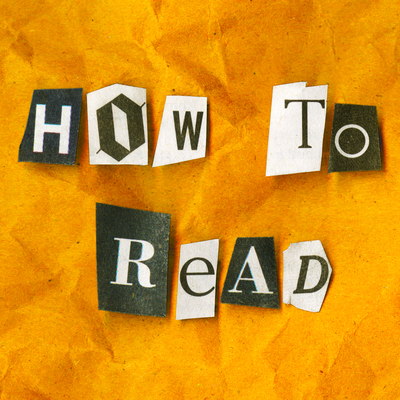When you think about historical reenactment, you probably think about reenacting Civil War battles or performing a character at a Renaissance fair. But Catherine Grant is interested in artists who use reenactment to ask questions about the history of feminist and queer activism, and the role of artists in political life. By reenacting and remixing scenes from history, these artists revive stories from the past that might illuminate the present in surprising ways. Beyond the realm of art, Catherine wants us to recognize the power of performing repeated actions in our everyday lives.
Tag: politics
During the Cold War, the US and Chinese governments didn’t drop bombs on each other, but they did drop translated works of literature. In fact, national governments put a lot of effort into creating translations that covertly served their political agendas. In the case of the US, this meant emphasizing values like freedom and self-reliance, with which they hoped to win the hearts and minds of Chinese readers. But while propaganda is meant to convey one simple message, Lamyu Maria Bo argues that literature can’t be reduced to a single meaning – and meanings multiply even more in translation.
Do you want to live a predictable life? Can great art ever be predictable? Most people would probably say no to both, but Caroline Levine thinks predictability is more valuable than we usually recognize. Predictability is like putting on your own oxygen mask before helping others: we need to cover the essentials, like shelter and a stable work schedule, in order to achieve our grander ambitions. But predictability isn’t just useful in our personal lives. Whether it’s reliable access to childcare or a unifying protest chant, predictability can also help us in collectively creating social change.
It’s hard to find time for undistracted reading, and it’s easy to blame modern developments like digital technology. But Christina Lupton says that people have been feeling this way for more than 200 years. For centuries, people have been struggling to balance a desire for undistracted reading with their professional and family duties. By studying past struggles to make time for reading, we can pick up strategies to apply in our own lives – and understand why finding time for reading is not just a personal but a political issue.
It might seem obvious that it’s good to read in ways that are literary, critical and modern. But Michael Allan argues that viewing certain ways of reading as literary, critical and modern also involves constructing a stereotype of a bad reader who is unliterary, uncritical and backwards. In colonial Egypt, British authorities relied on stereotypes of Islamic reading practices to treat local people as merely memorising and repeating what they read. As a result, local people were considered incapable of thinking critically and of holding valid political opinions.
During the Renaissance, a writer could be imprisoned just for claiming that a husband beating his wife should show mercy. It wasn’t that the authorities wanted merciless wife-beatings. The issue was that they understood criticism of a tyrannical husband as criticism of a tyrannical king. English professor Julie Crawford explains how power relations within the home have underpinned political thinking for many centuries.
Our guest Heather Love is out to convince us of the value of description — yep, plain old description. In our conversation today, she argues that description has gotten a bad reputation in literary studies. Lately, Heather has been reading sociology books from the 1950s and 60s. She thinks that their neutral, distanced descriptions have an ethical value that most literary scholars haven’t recognized.
